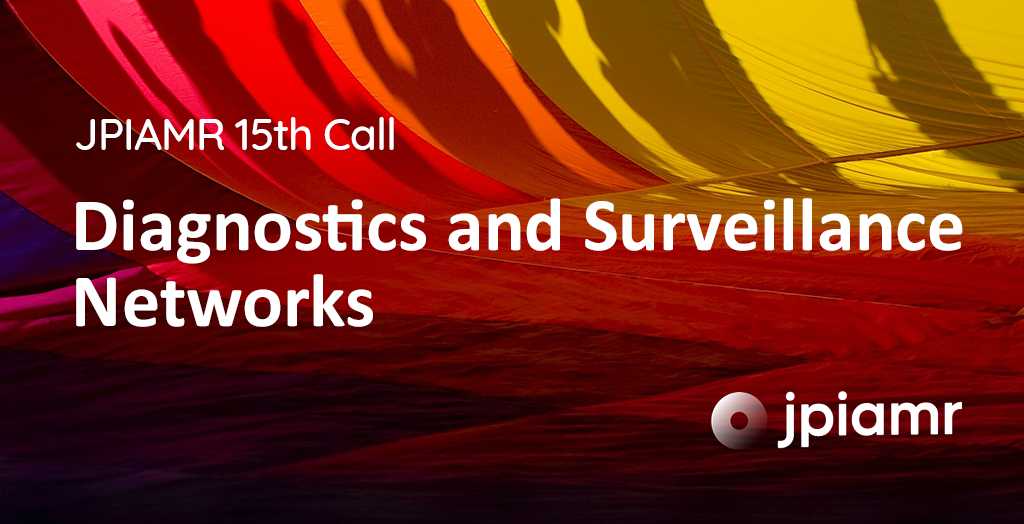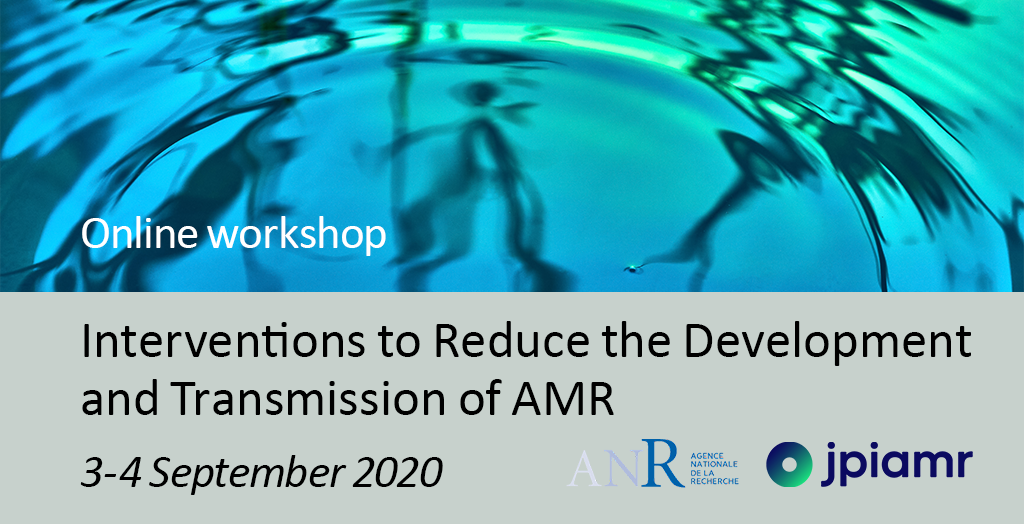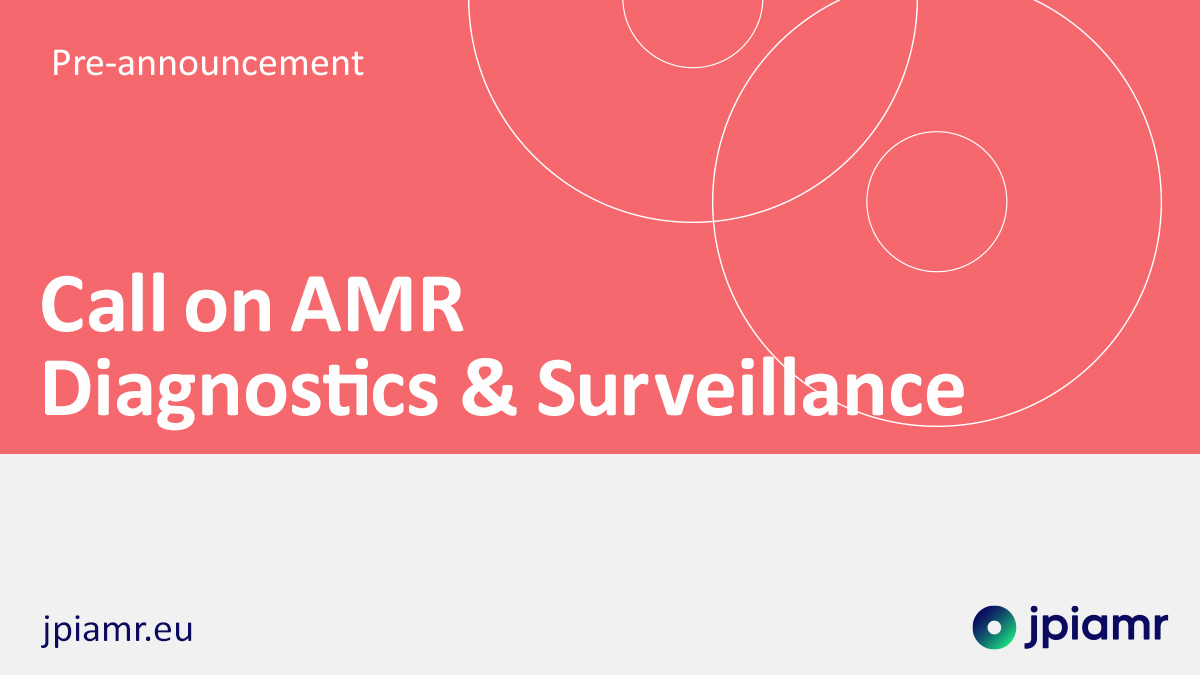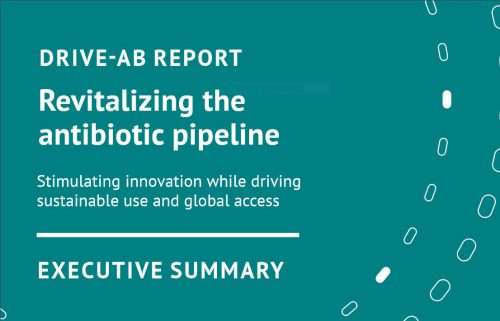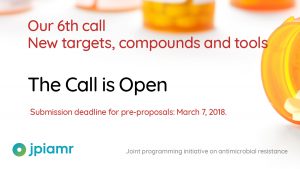The sixth transnational call for research projects for the JPIAMR within the ERA-NET JPI-EC-AMR
THE CALL IS OPEN
The JPIAMR, in partnership with sixteen member countries; Belgium, Czech Republic, Egypt, Finland, France, Germany, Ireland, Israel, Italy, Latvia, Norway, Poland, Romania, Spain, Sweden and Switzerland, is launching a sixth joint call for transnational research projects. The total budget of the 6th Call is approx. 14.4 million Euro.
The call targets research in the following topic:
Innovations against antibiotic-resistant bacteria: new targets, compounds and tools. Fundamental, translational research, with the exception of clinical trials.
Call procedure
The 6th Call has a two-step procedure. With a first stage, a pre-proposal submission, from which selected applicants will be invited to submit a full proposal, the second stage. The final funding decision will be announced in October / November 2018.
Deadlines
The pre-proposal submission deadline is March 7, 2018, (17:00, CET).
The full proposal submission deadline is June 14, 2018, (17.00, CET).
Information and application
For more detailed information and links to application process, please visit the page about the 6th Call.
6th Call Secretariat and National Points of Contact
The 6th Call Secretariat is hosted by the French National Research Agency, ANR.
All questions on national rules, eligibility, etc. should be directed to the national contacts, for contact information please visit the page about the 6th Call.
Spread the News
Reach out to researchers in participating countries. Use the template below and link to the page about the 6th call.
